End of Financial Year Checklist for Small Businesses
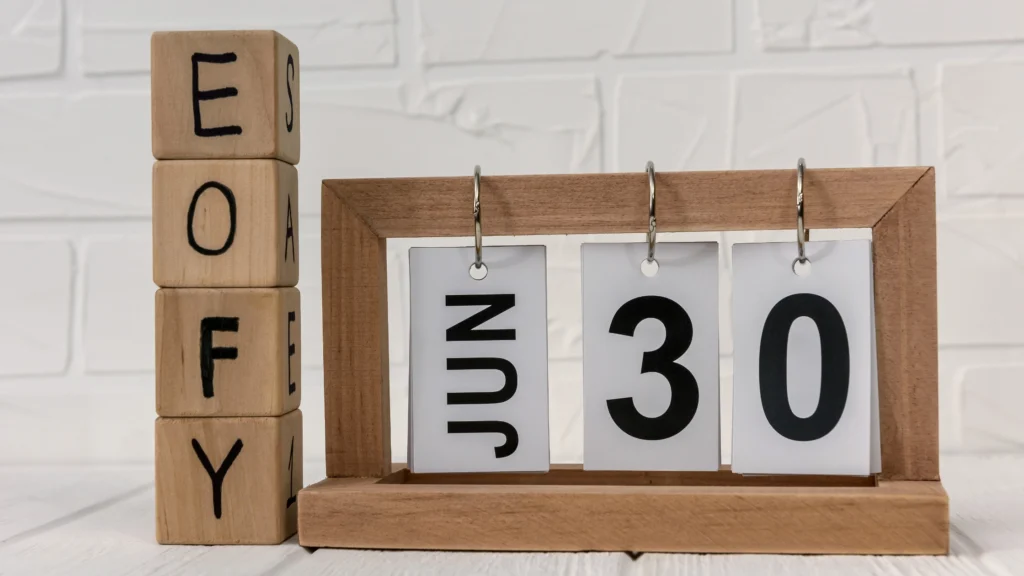
As the end of the financial year (EOFY) approaches, small businesses need to gear up to ensure financial health and compliance. Staying organised during this time offers tonnes of benefits, like maximised deductions, having more accurate tax returns and streamlined financial planning. In our latest article, we’re breaking down the EOFY process and have even thrown in a printable EOFY checklist for small business owners – score!
What Does a Company Need to Do at the End of a Financial Year?
At the end of a financial year, a company needs to wrap up accounts, go over financial statements for tax deductions, lodge tax returns, make sure super contributions are up-to-date, and remind employees where they can now access their income statements. Depending on your business, managing these on your own can be a bit hectic, that’s why having a chat with your accountant or tax agent can make these tasks a breeze.
What Date is EOFY
In Australia, the EOFY is on June 30th. This date marks the close of the financial year, and the start of tax time when businesses, big and small need to get their financial reports and tax returns ready for submission.
Don’t have time to read?
Check out our downloadable end of financial year checklist and stay prepared this financial year!
Without further ado, lets breakdown the most important steps to get through as a small business owner this EOFY.
1. Organise Your Financial Records
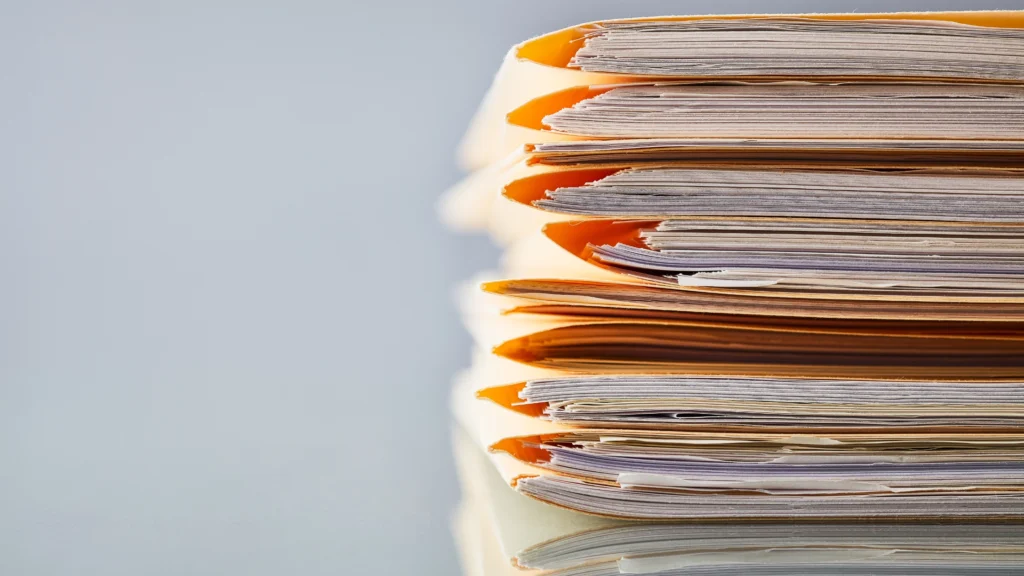
Gather Receipts and Invoices
To kickstart your end of financial year checklist, make sure you’ve got all your receipts and invoices sorted. Keeping track of these documents is crucial for claiming tax deductions and preparing an accurate tax return.
Whether you’re a sole trader or running a small business, this step substantiates your business income and expenses. Plus, with proper records, you can claim specific tax deductions like the Small Business Technology Investment Boost and the Small Business Skills and Training Boost.
Update Your Books
Next, make sure your bookkeeping is up-to-date. Using accounting software can make this process more straightforward, allowing you to easily track your transactions throughout the fiscal year.
Keeping your books current ensures your profit and loss statements, balance sheets, and cash flow statements reflect your true financial position, which is crucial for accurate tax returns.
Review Financial Statements
It’s that time again! A regular review often entails diving into your profit and loss statements, balance sheets, and cash flow statements. This will help you spot areas you could be claiming tax deductions and plan better for the year ahead.
Identifying specific tax deductions like the Small Business Technology Investment Boost and the Small Business Skills and Training Boost can significantly reduce your tax liability. Chatting with a registered tax agent or accountant can provide valuable insights and ensure your financial statements are spot on and compliant with Australian Taxation Office (ATO) requirements.
2. Check Your Tax Obligations
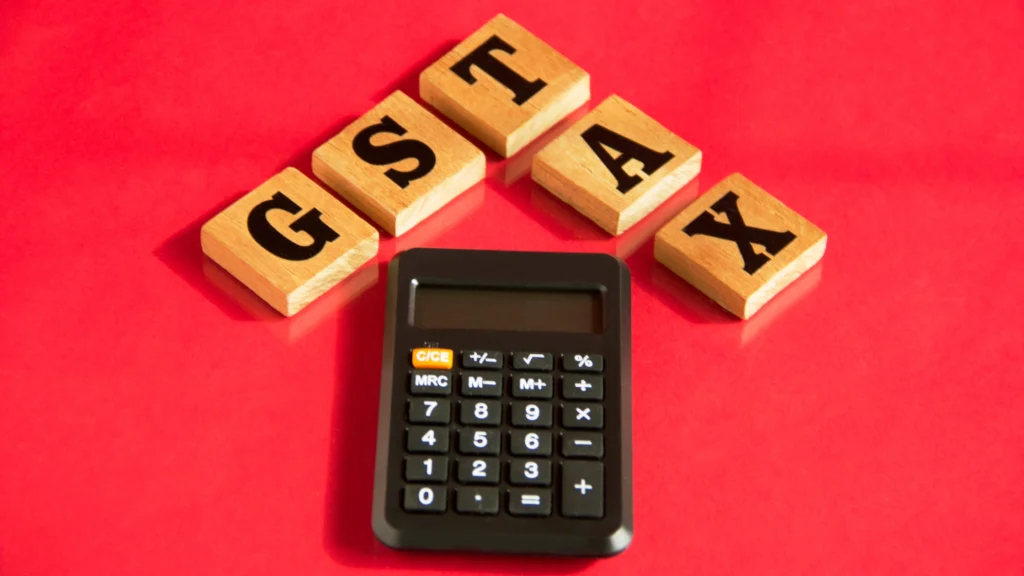
Understand Deductions
Understanding what you can claim as a tax deduction is key to reducing your tax bill. Think business expenses, home office costs, and asset depreciation.Remember to keep all your supporting documentation and paper records handy.
Small business owners and sole traders can particularly benefit from these deductions to lower taxable income. It can all be a bit confusing if you’re new to the world of running your own business, so feel free to have a chat with your local Shoebox tax professional or registered tax agent to make sure you’re claiming everything you’re entitled to, including the instant asset write-off.
GST and BAS
Make sure your GST and Business Activity Statements (BAS) are on point. This means keeping meticulous records of all business transactions, including sales, expenses, and asset purchases.
Using SBR-enabled software like Xero, QuickBooks, or MYOB can make this task a lot easier, ensuring all figures align with your profit and loss statement. An accurate BAS lodgement helps you avoid penalties and keeps your tax obligations in check so you can focus on what’s important — running your business!
Lodge Your Tax Return
Lodging your tax return correctly and on time is a must. Keep track of lodgement dates and use the ATO website for guidance on how to lodge your return. Whether you’re lodging an individual tax return or a separate company tax return, knowing your due dates is essential.
If you’re using Single Touch Payroll, make sure your income statements are accurate and finalised on time to avoid any unexpected delays in processing.
3. Important Employee Considerations
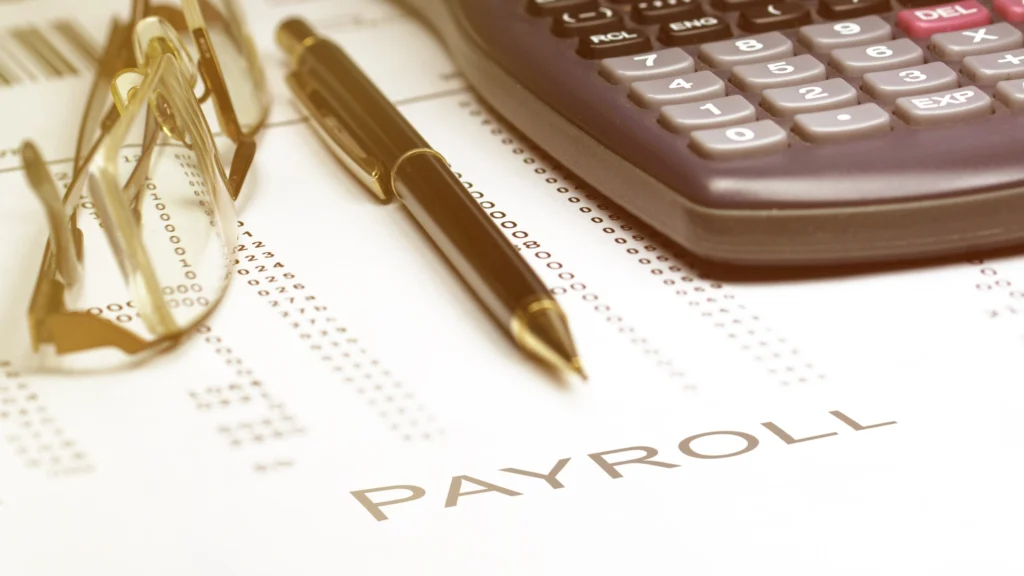
Finalise Payroll
Next up on your EOFY checklist, make sure to finalise your payroll using Single Touch Payroll (STP). This step is crucial for ensuring your employees’ income statements are accurate and ready for their tax returns.
Use STP-enabled software to simplify this process and avoid any hiccups come tax time. It’s essential for small business owners to stay on top of this to keep things running smoothly.
Superannuation
Then, double-check that all your super guarantee contributions are up-to-date. Superannuation is a significant part of your employees’ benefits and compliance with this is non-negotiable.
Ensuring timely super contributions not only keeps you compliant but also shows your employees you care about their financial future. The end of the financial year is a great time to make sure everything is in order.
Employee Payment Summaries
Lastly, provide payment summaries to your employees. With STP, this might mean guiding your employees on how to access their income statements through the ATO website. It’s important for them to have these documents ready for their individual tax returns.
Clear communication about this process can help avoid confusion and potential tax refund scams or casual employees incorrectly claiming multiple roles under the tax-free threshold.
4. Plan for the Future
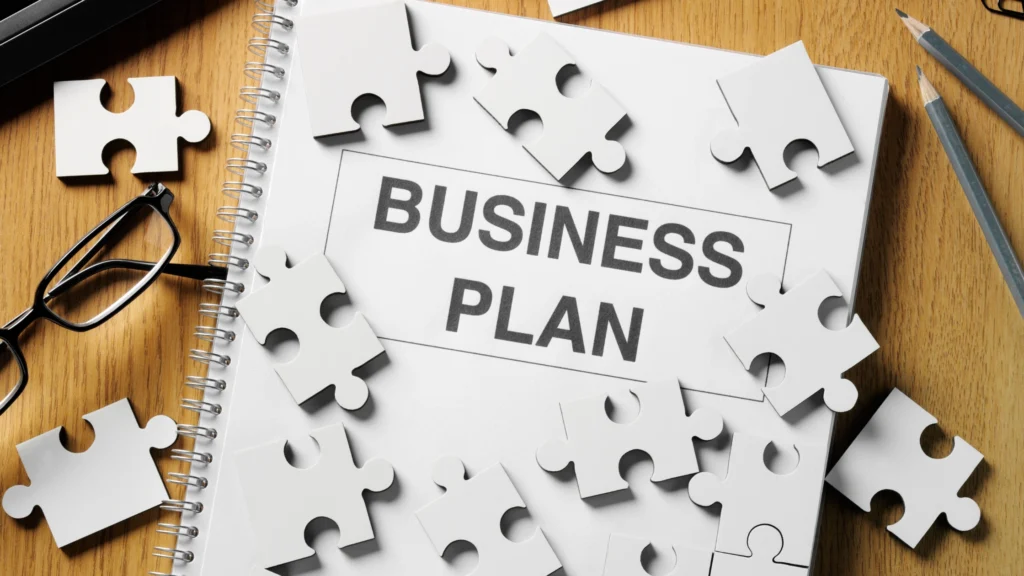
Budget for Next Year
Creating a budget is an essential step for every small business owner at the end of the financial year. Start by reviewing your income statements and balance sheets from the past year. Set realistic financial goals and consider all your business expenses, including potential tax deductions and upcoming asset purchases.
This forward planning helps ensure you have a clear picture of how much tax you might owe and can make strategic decisions to optimise your business income through available tax deductions.
Review Your Current Business Plan
Updating your business plan based on the past year’s performance is crucial. Evaluate what worked and what didn’t, and adjust your strategies accordingly.
This is a great time to refine your business structure, incorporate lessons learned, and set new milestones. If you’re self-employed, make sure your plan addresses any changes in your taxable income and separate business schedule requirements.
Start Tax Planning for the Financial Year Ahead
Effective tax planning, including understanding available tax deductions, can save you money and prevent surprises at tax time. Consult with your accountant or tax agent to discuss strategies like the instant asset write-off, claiming home office expenses, and managing travel expenses.
They can help you navigate the complexities of the Australian tax return system and ensure you maximise your deductions. Keep an eye on key dates and EOFY lodgement dates to stay compliant and avoid penalties.
5. Additional Tips and Tricks

Regularly Check the Australian Tax Office Website
Stay on top of any changes in tax laws and regulations by regularly visiting the Australian Taxation Office (ATO) website. This proactive approach ensures you’re always informed about new tax deductions, compliance requirements, and important updates relevant to the financial year.
Keeping up with these changes can help you manage your EOFY tasks more effectively, including understanding and claiming available tax deductions, and avoiding minimal returns at tax time.
Keep Your Financial Records Organised
Maintain organised records of all business transactions, including bank accounts, income statements, and expenses.
Good record-keeping throughout the tax year simplifies the EOFY process. Sticking to this wont just mean more accurate tax returns but will also help in effective business planning and financial management. For the best results, consider engaging with an experienced bookkeeper to help keep track of things.
Get Advice from a Tax Agent
Seeking professional advice can make a significant difference in how smoothly your end of financial year processes go. Engaging with a registered tax agent for personalised advice and support, can help you with claiming deductions, preparing your tax return, and identifying any new eligible tax cuts. This assistance is invaluable, especially for small business owners navigating the complexities of the Australian financial year.
Don’t forget you can download your EOFY Checklist and get in touch with a Shoebox Books and Tax Local Expert to make the most of your money this End of Financial Year!